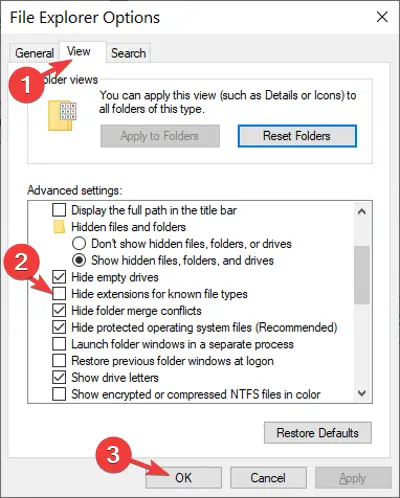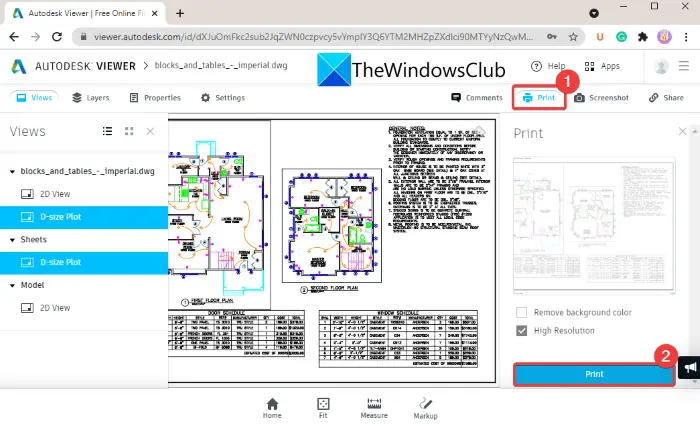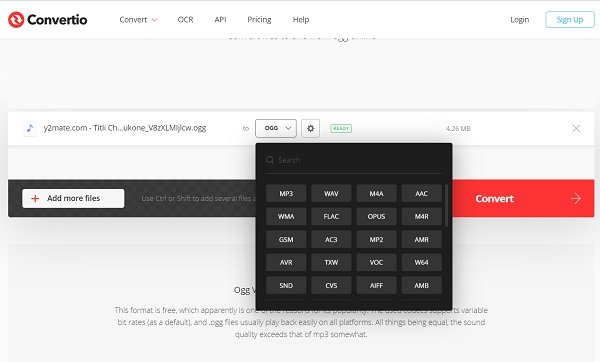
Have you ever seen a .aspx URL extension in your browser’s address bar? Something like https://xyz.com/form.aspx , if yes, that indicates you are on an .aspx page. Just like the .docx file formats are for documents, or the .pdf formats are for read-only documents, or .zip file format for compressed files, the .aspx extension is for files developed in the .net language.

ASPX stands for Active Server Page Extended file. They are pages often created with the Microsoft Visual Web Developer for Microsoft ASP.NET framework. They are sometimes called .Net web forms.
Most times, you can find the .aspx extension on files downloaded from a site. These files shouldn’t be mistaken for Web Handler files ASHX. The ASPX files are server-generated Web pages and are often written in C# or VBScript.
Microsoft developed the ASP.NET framework to replace the Active Server Page (ASP) in 2002. Web developers use this web application framework to produce dynamic applications and websites.
Sometimes, the reason you downloaded a .aspx file format instead of the formats you are used to is because the browser failed to correct the file’s extension. It could happen to a file in PDF, Docx, or XLSX file format.
If you prefer using this method, it is best you find out the file extension you were expecting. All you’ll have to do here is to change the file extension from .aspx to .pdf (or the supposed file extension), But first, follow this guide to allow Windows to show the file format.
Open the Run dialog box, type in control folders, and hit ENTER.
Select the View tab from the dialogue box that pops up and Uncheck the Hide extensions for known file types checkbox.
Hit OK to save the settings and close the dialog box.

Now, right-click on the ASPX file, and then select Rename.
Change the file extension from .aspx to .pdf and hit Yes to the warning Windows shows. You can now access the file in its .pdf format.
Programs like Microsoft Visual Studio, Notepad++, and Adobe Dreamweaver are third-party tools that can open an ASPX file. However, with your browser, you can still access it. It is more likely that you have an up-to-date browser than any of the tools above.
You can use Firefox, Chrome, Edge, or any browser. All you have to do is, right-click on the .aspx file, click on Open with, and select Chrome (your browser). If you can’t find your desired browser, click on Choose another app and locate your specified browser from the Program file.
Tip: If you want to have the .aspx file on your PC, while in Chrome, press Ctrl + P to open the Print page window, select Save as PDF > Save. Voila, you are done.
You can use free online file converter tools to convert the .aspx files to .html. ,pdf, etc file formats and then open the file. However, since ASPX files have a specific purpose, it is not always advisable to convert them.
When you convert ASPX files to HTML, for example, you may be able to access the HTML file like an ASPX web page, but the ASPX unique elements will be altered. Still, if you open in it an ASPX editor, you can save the file as ASP, ASMX, HTM, HTML, JS, MSGX, SRF, SVC, WSF, VBS, and many other file formats.
Using a free tool like Notepad++ would be the best option in our opinion.
To open an ASPX file as a PDF, open your ASPX file with your standard application on your computer. Go to File > Print. Select “Microsoft XPS Document Writer” as your printer. Then, click on “OK” or “Print”. Select a destination for your XPS file and click on “Save”.
Converting ASPX to HTML may not be a good idea, since HTML files are static and you may lose all the dynamic elements of the page. To do so, load your ASPX page in the browser and right-click. Click on View Page Source and save that to your local HDD. You can try loading it, and it will look like your page, but nothing will actually work.
I hope this helps!
Updated on March 27, 2023 Tags: Files



Keshi Ile is a seasoned technology expert who holds a Bachelors's degree in Electronics Engineering and a Master's in Digital Marketing. He runs several internet companies and contributes to technology blogs.